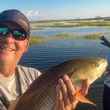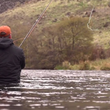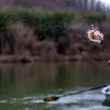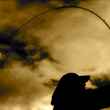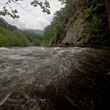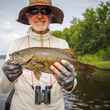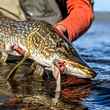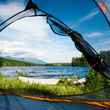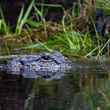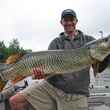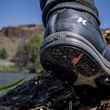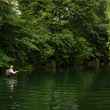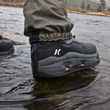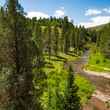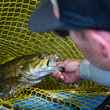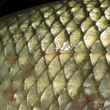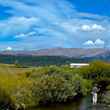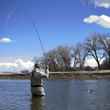Last week, two National Park Service staff members went snorkeling in the Elwha River upstream of the site where the now fully removed Glines Canyon Dam once stood. The purpose of their outing was to confirm the possible sighting of chinook salmon in the Upper Elwha, in the area that was not too long ago home to Lake Mills and where chinook salmon have not swam in 102 years.
The snorkel surveyors found three adult chinook, all between 30 and 36 inches long, between Windy Arm and Glines Canyon. According to the National Park Service, "two fish were seen resting near submerged stumps of ancient trees [while] the third was found in a deep pool in the former Lake Mills."
"When dam removal began three years ago, Chinook salmon were blocked far downstream by the Elwha Dam," said Olympic National Park Superintendent Sarah Creachbaum. "Today, we celebrate the return of Chinook to the upper Elwha River for the first time in over a century."


